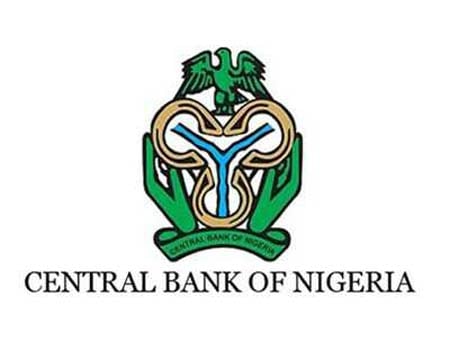ALMOST three years after it was first conceived, Development Bank of Nigeria (DBN) has finally been licensed by the Central Bank of Nigeria.
The approval was conveyed in a letter addressed to the Managing Director/Chief Executive Officer of DBN, dated March 27, 2017 and signed by Deputy Governor in charge of Financial System Stability.
The approval was subject to the new bank meeting minimum capital requirement of N100 billion and the reconstitution of the board of DBN and review of its organogram.
The Federal Ministry of Finance had in January this year confirmed the completion of the recruitment exercise for the Executive Management team of the bank.
The Ministry also announced that it had formally applied for the issuance of its operational license from the Central Bank of Nigeria (CBN), which was expected imminently.
Conceived in 2014, DBN’s take-off had been fraught with delays.
DBN according to reports, will have access to US$1.3billion, which has been jointly provided by the World Bank (WB), KfW (German Development Bank), the African Development Bank (AfDB) and the Agence Française de Development (French Development Agency).
The Bank is also finalising agreements with the European Investment Bank (EIB).
Government has also given assurance that operations of the DBN will not in any way, result in the elimination of the Bank of Industry (BOI), Bank of Agriculture (BOA) or any other existing development bank.
“The operations of the DBN are clearly distinct from other development banks as it is focused on supporting small businesses defined by size and not by sectors.
“The DBN, will provide loans to all sectors of the economy including, manufacturing, services and other industries not currently served by existing development banks thereby filling an important gap in the provision of finance to Micro, Small and Medium Enterprises (MSMEs).
“As a wholesale bank, the DBN will lend wholesale to Microfinance Banks which will on-lend medium to long-term loans to MSMEs. The MSMEs contribute about 48.47 per cent to the Gross Domestic Products (GDP) of Nigeria but have access to only about five per cent of lending from Deposit Money Banks (DMBs).
“The influx of additional capital from the DBN will lower borrowing rates and the longer tenure of the loans, will provide the required flexibility in the management of cash flows, giving businesses the opportunity to make capital improvements, and acquire equipment or supplies.
“As the economy diversifies, the growth of the MSME sector will have a positive impact on the economy through employment generation, wealth creation and economic growth,” Director of Information at the Ministry of Finance said in a statement.
WATCH TOP VIDEOS FROM NIGERIAN TRIBUNE TV
- Let’s Talk About SELF-AWARENESS
- Is Your Confidence Mistaken for Pride? Let’s talk about it
- Is Etiquette About Perfection…Or Just Not Being Rude?
- Top Psychologist Reveal 3 Signs You’re Struggling With Imposter Syndrome
- Do You Pick Up Work-Related Calls at Midnight or Never? Let’s Talk About Boundaries






